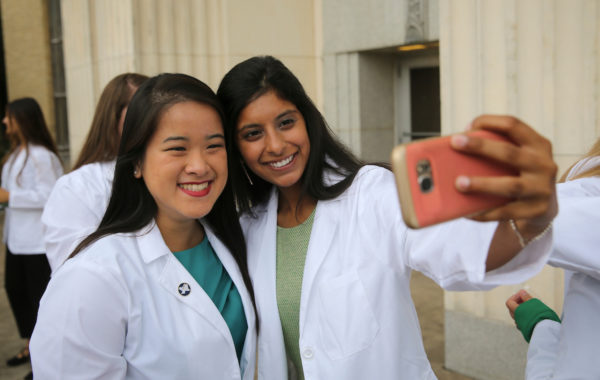A Bachelor of Biomedical Science offers students with a strong foundation in understanding the cellular and molecular mechanisms that underpin individual wellness and disease. This program equips graduates with the information and useful skills essential to donate to medical study, diagnostics, and healthcare innovation. By discovering the difficulties of cells, areas, and biological systems, pupils get perception into how medical discoveries translate in to real-world medical advances.

Core Regions of Examine
Biomedical research applications protect a wide range of professions, including molecular biology, genetics, microbiology, biochemistry, and physiology. Students understand how cells purpose, how molecular pathways manage scientific functions, and how genetic and environmental facets impact health outcomes. This multidisciplinary method provides a comprehensive knowledge of the elements that travel condition advancement and healing intervention.
Laboratory teaching is just a essential component of the program. Students gain hands-on experience with techniques such as for instance microscopy, mobile tradition, DNA and RNA evaluation, and protein assays. These realistic abilities are necessary for conducting studies, studying results, and causing research projects that advance medical knowledge.
Study and Invention
A Bachelor of Biomedical Research emphasizes study as a central element of the curriculum. Students are inspired to develop important thinking and problem-solving skills by developing experiments, interpreting information, and assessing clinical literature. This study knowledge prepares graduates to contribute to innovations in drug growth, diagnostics, and personalized medicine.
Through study, pupils learn to identify unanswered questions in healthcare, explore possible therapeutic objectives, and evaluate the effectiveness of new interventions. This technique fosters a heavy knowledge of the medical method and the arduous criteria necessary for improving medical knowledge.
Job Possibilities
Graduates with a Bachelor of Biomedical Science may follow many different career routes in healthcare, research, and industry. Options include functions in clinical labs, biotechnology companies, pharmaceutical study, and academic institutions. This system also provides a strong base for more studies, such as for example graduate applications in biomedical research, medication, or wellness sciences.
By understanding mobile and molecular elements, graduates are well-positioned to aid medical innovations, subscribe to evidence-based healthcare, and handle issues in infection elimination and treatment. Their knowledge in lab techniques, data evaluation, and study method is highly appreciated in both scientific and study settings.
Integration of Education, Study, and Attention
Institutions like UNT Wellness Fort Worth stress the integration of health knowledge, wellness study, and medical care to support the progress of competent biomedical professionals. By mixing theoretical information with practical research and medical perception, pupils obtain a holistic knowledge of human health and disease. This approach makes graduates to use scientific discoveries effortlessly, improving individual care and evolving medical innovation.

Conclusion
A Bachelor of Biomedical Research equips pupils with a deep understanding of cellular and molecular elements that travel human health. Through extensive coursework, lab experience, and study options, graduates build the skills necessary to aid medical innovations and subscribe to the healthcare industry. By connecting clinical information with realistic program, biomedical research programs make students to create meaningful benefits to medical research, diagnostics, and individual care.
